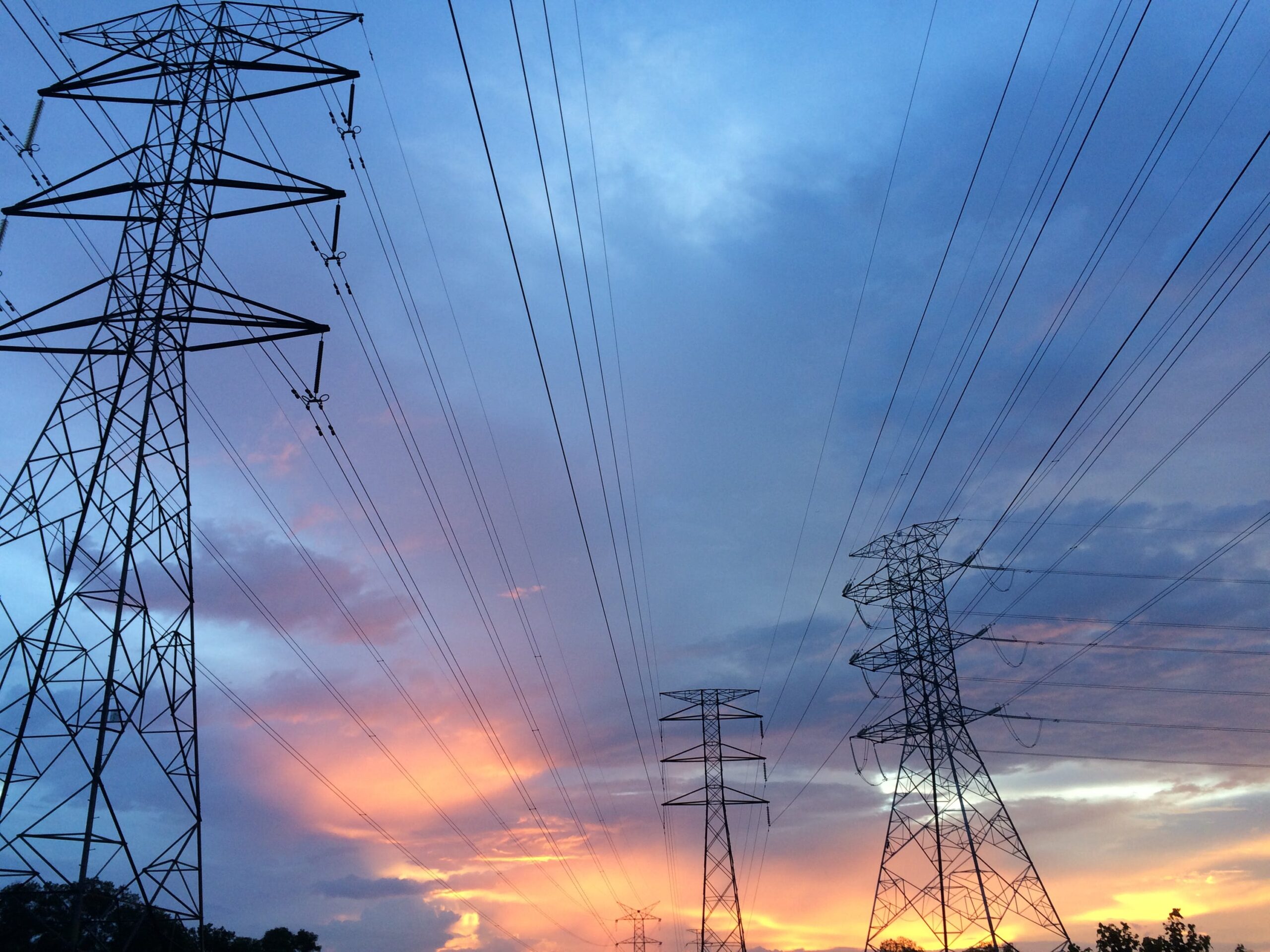
The aim of this project is to develop a methodology for quantifying direct and indirect GHG emissions that is homogeneous for all healthcare and social services institutions, adapted to their context, scientifically robust and easily operational.

Hydro-Québec mandated the CIRAIG’s International Life Cycle Chair to use life cycle assessment (LCA) methodology to study and compare different power generation options, and the electricity mixes* of various Canadian provinces, U.S. states and other countries.
The data on the impact of generating options was collected via a literature review of the LCAs conducted in this field. Over 60 relevant reports or articles, published since 2007, were identified and analyzed. The data gathered was also compared to the data produced by Hydro-Québec.
The data related to electricity mixes came from the ecoinvent database v3.0, which is commonly used to conduct LCAs.
* An electricity mix is the electricity generated by the different types of generating stations that form a network operated over a given territory, and the electricity imported from neighboring territories.

The aim of this project is to develop a methodology for quantifying direct and indirect GHG emissions that is homogeneous for all healthcare and social services institutions, adapted to their context, scientifically robust and easily operational.

Regioinvent is a Python module that connects ecoinvent to an international trade database (BACI) to ultimately achieve a complete regionalization of the ecoinvent database.

IMPACT World+ is a globally regionalized method for life cycle impact assessment (LCIA).
Privacy Policy | Cookie Policy | Manage consent
© CIRAIG 2022 – 3333 ch. Queen Mary, Montreal, QC